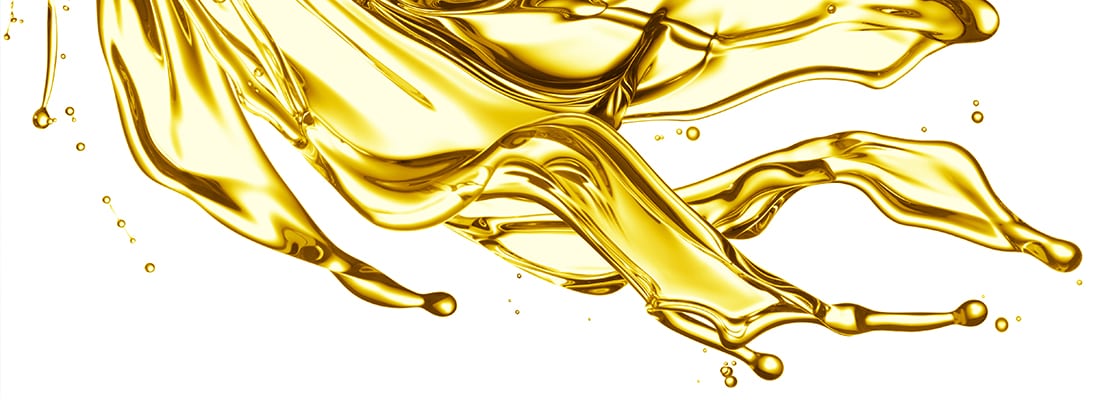Are You Using the Right Test Package?
 POLARIS Laboratories® offers a wide range of fluid analysis test packages and choosing the right ones for your equipment can be difficult (especially if you’re new to fluid analysis). The most common mistake is believing basic testing is a good starting point for all programs. Basic tests for testing your oil, coolant and diesel fuel are clearly much better than changing oil at set intervals and then fixing problems after the equipment breaks down. However, it can only provide limited maintenance recommendations. So, how do you know what test packages are best for your program?
POLARIS Laboratories® offers a wide range of fluid analysis test packages and choosing the right ones for your equipment can be difficult (especially if you’re new to fluid analysis). The most common mistake is believing basic testing is a good starting point for all programs. Basic tests for testing your oil, coolant and diesel fuel are clearly much better than changing oil at set intervals and then fixing problems after the equipment breaks down. However, it can only provide limited maintenance recommendations. So, how do you know what test packages are best for your program?
What are the Goals?
A good place to start is going back to the goals of your program that were established when you started your fluid analysis program. For example, if your goal is to optimize drain intervals of diesel engines, you need to monitor trends on when oil properties break down and can’t protect the equipment adequately. Basic testing doesn’t provide the necessary testing (oxidation/nitration and base number) to gather the data for you to make an informed decision based on the results of a basic test. It’s important to re-visit the goals of your fluid analysis program before you approach test package options and this will allow you to determine whether you need basic or advanced testing.
An Example: Karl Fisher vs. Crackle
Some test packages seem to cover the same areas, but the more expensive the test is, doesn’t necessarily mean it will provide better recommendations. For example, the Karl Fisher test runs at a higher price than the crackle method, both tests measure the water concentration, but your equipment, fluid type and how the equipment is being used affects what test should be performed.
Crackle is only an estimate of the water content while Karl Fisher will accurately measure the water content and report it in percent or parts per million. Engine oils are designed to hold a certain amount of water, so it takes a high concentration to affect the system. Crackle testing is adequate for this purpose, while Karl Fischer testing is a bit of an overkill.
On the other hand, the fluid in a hydraulic or turbine system isn’t designed to absorb nearly as much water as engine oil. In addition, the concentration where water begins to damage those systems is below the detection limit of a crackle test. In this case, Karl Fisher testing is necessary to identify when the equipment is at risk.
Choosing a Test Package
When choosing your fluid test package, keep the big picture in mind – the real savings come from preventing breakdowns, optimizing fluid drains and extending the useful life of equipment. As long as your testing provides data and recommendations that support those goals, you’re on the right track. Click here to download the complete testing list of tests provided by POLARIS Laboratories®.
If you want to discuss your current fluid analysis program or discuss the test packages options available, contact your account manager or email custserv@eoilreports.com.
Proven Impact. Proven Uptime. Proven Savings.
Let us prove it to you.




